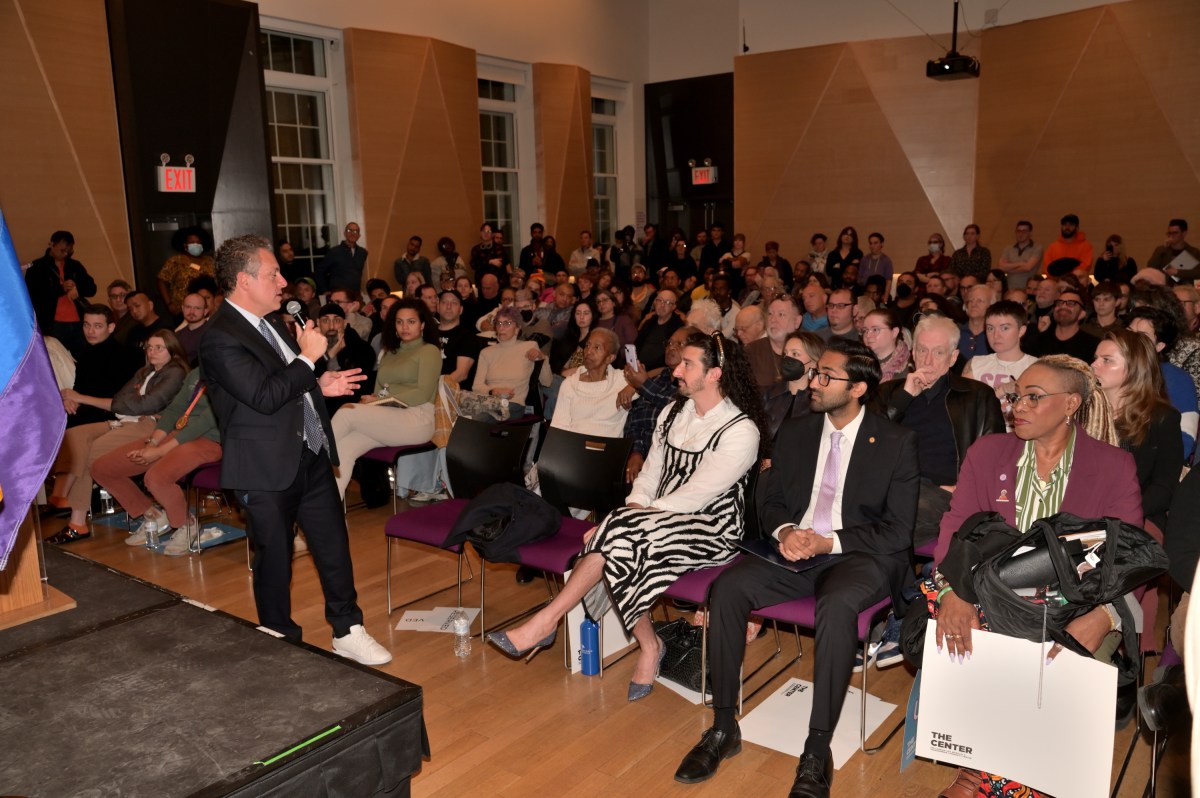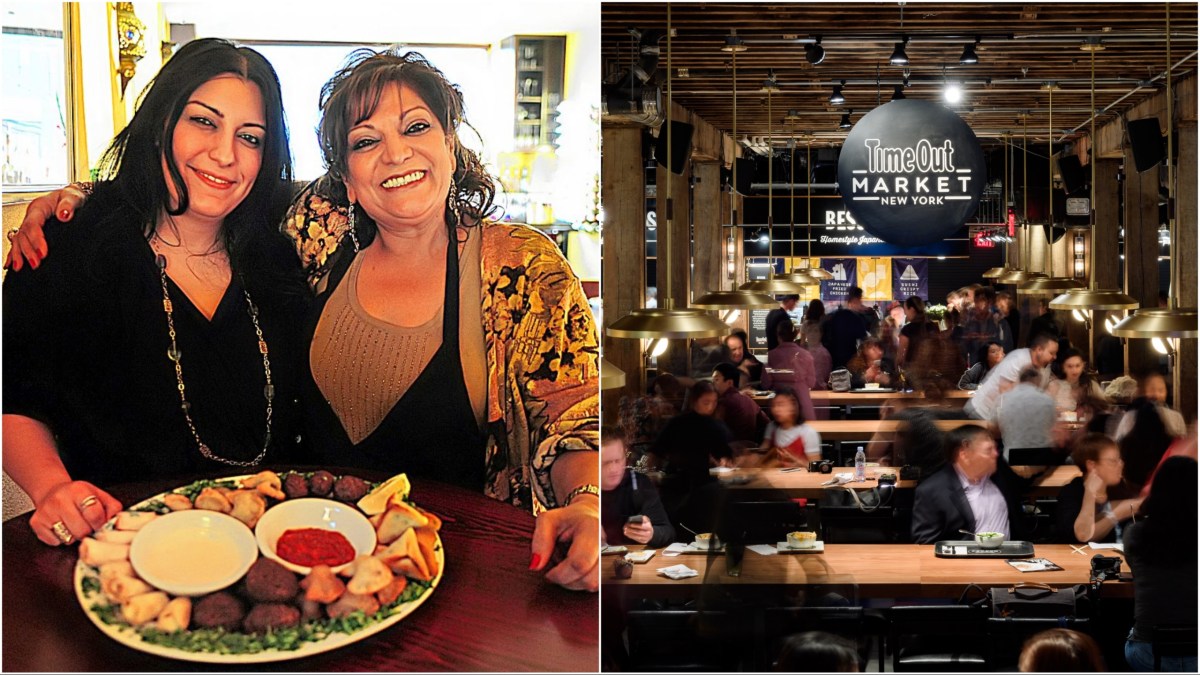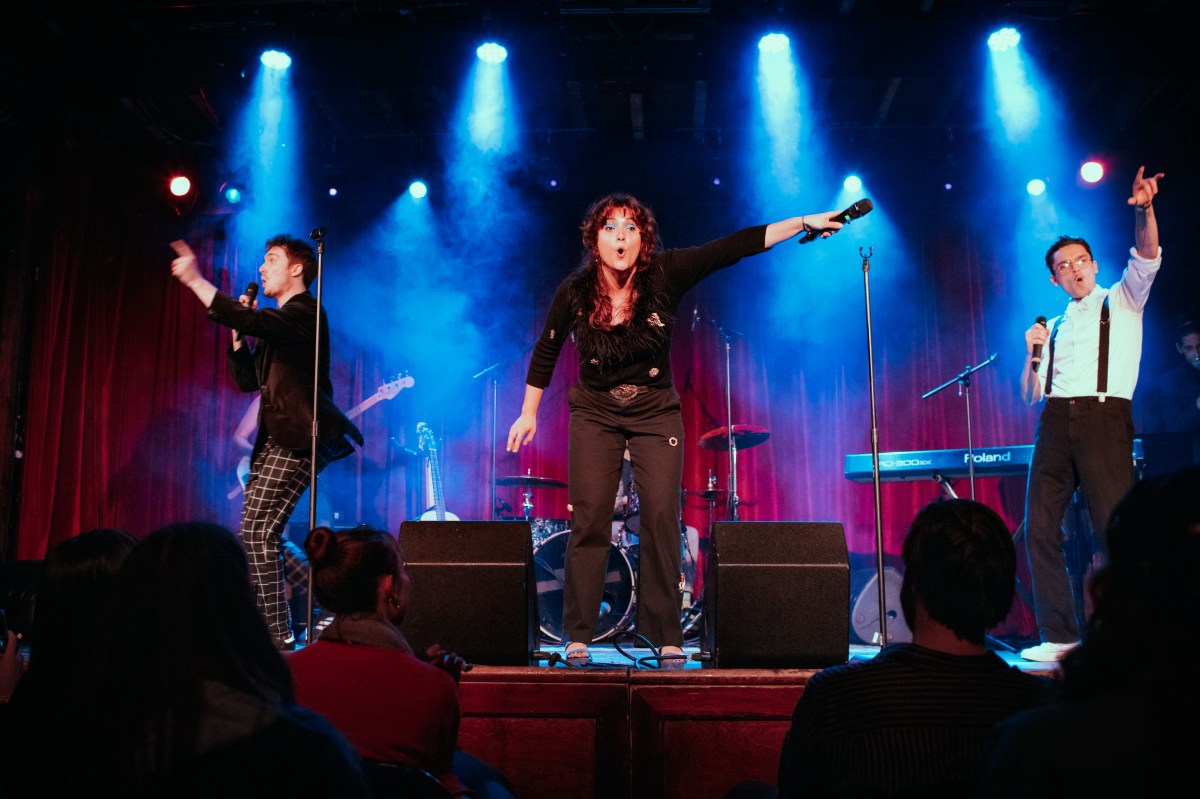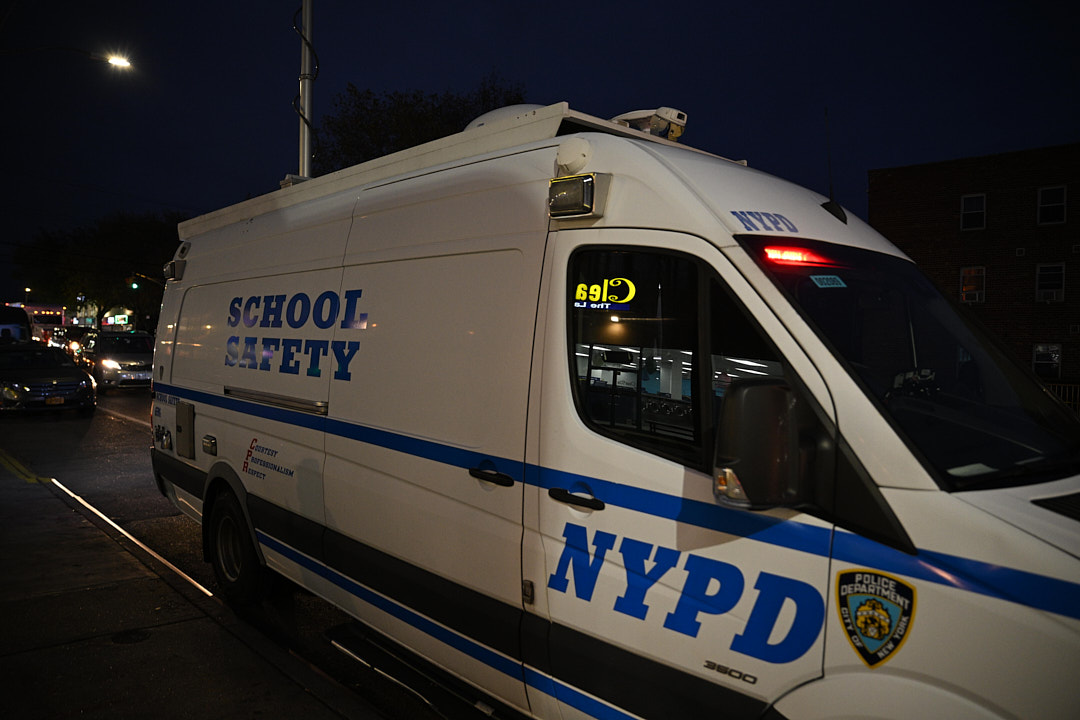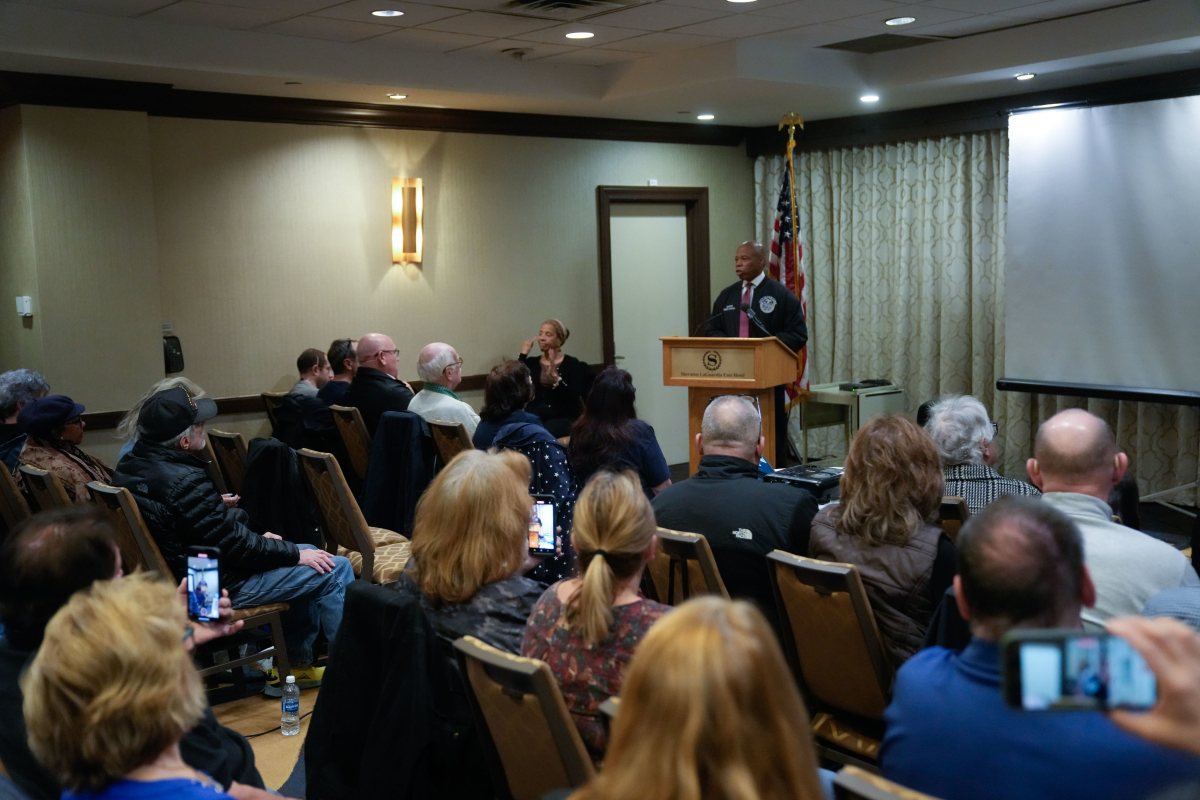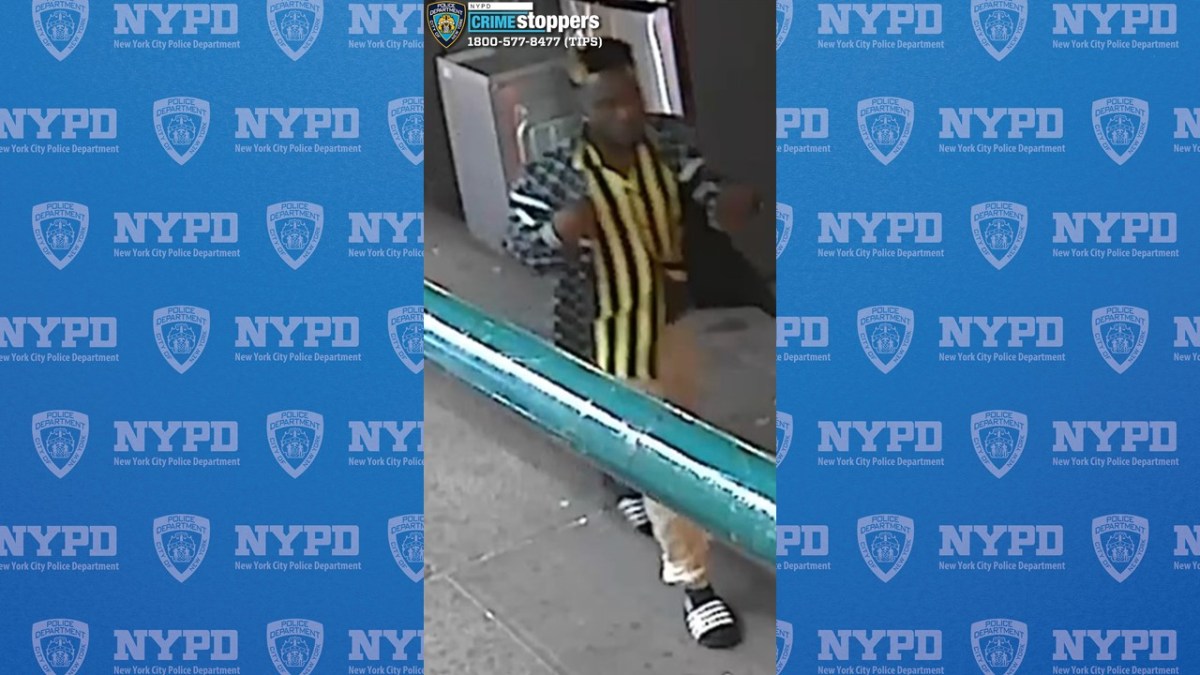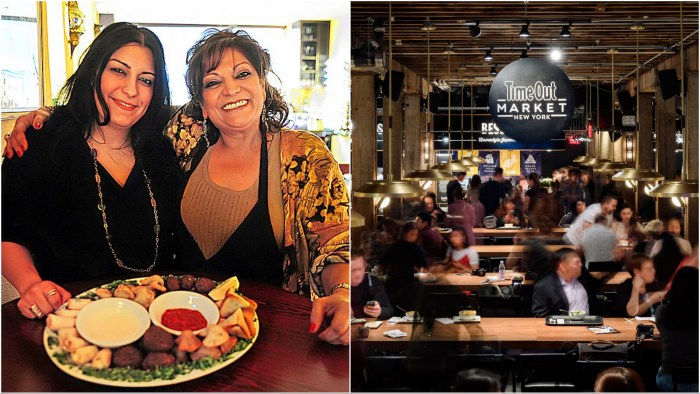By Edward Field
The obituary for Rosetta Reitz in The New York Times portrayed her as a champion of black jazz artists, while the one in The Villager featured the feminist Rosetta who wrote the groundbreaking book on menopause.
For me, Rosetta Reitz under her maiden name of Toshka Goldman will always be memorable as the founder of the Four Seasons Bookstore in Greenwich Village. It was there that I got an important part of my literary education after my military discharge in the post-W.W. II winter of 1946. Enrolled at N.Y.U. under the G.I. Bill, there I was in Greenwich Village, which quickly became my real university, especially when a classmate introduced me to the Four Seasons and the pretty, intense, dark-eyed proprietor, who always looked exotically Latin, or gypsy, almost Mayan, and though young, already an earth mother.
As reported in The Villager obit, Toshka learned the bookselling trade by getting a job at the ultra-literary Gotham Book Mart, working for the renowned Frances Steloff, who was such a gorgon that no one ever succeeded in working for her for more than a few weeks. But Toshka managed to hang on for six months, taking Miss Steloff’s abuse, and learned the bookselling trade, especially the world of avant-garde literature that the Gotham Book Mart specialized in, and that she wanted to feature in her own bookstore.
The Four Seasons was one of only a few bookstores in Greenwich Village, and the readership for its specialty “modern” literature was tiny even in that literate community. Barely launched into my own poetry-writing career, I was dazzled by the literary figures I met in the bookstore. I listened in awe when Richard Wright, on a visit from Paris where he lived, spoke of racism being woven inextricably into the fabric of American society like the warp and woof of a rug. Another time, James Baldwin’s girlfriend came in and spoke of joining Jimmy in Paris. The name James Baldwin was already known to me.
Another prominent visitor was Saul Bellow who lived on Greenwich Ave. where the bookshop was located. He was a Reichian, a follower of Wilhelm Reich, which was the most avant-garde of the schools of psychotherapy, almost a cult, and one which had many followers in the Village, including Toshka. The teachings of Reich went far beyond Freud, holding that our problems were not in some abstract “mind” but tied up in the body itself. One method of building up the body’s sexual energy and overcoming neurosis, according to one of Reich’s nuttier ideas, was to sit in an orgone accumulator, a specially constructed box something like a telephone booth that collected particles of orgones, the sexual energy that filled the universe. The goal was a “cosmic orgasm,” enthusiastically pursued by Reichians and others in the Village, where Free Love had always been a bohemian rallying cry, and Toshka was a convincing Sex Goddess herself with her own orgone box in the back room of the shop.
The character of the bookstore changed at the beginning of the ’50s, when she met her future husband, the artist Robert Reitz, a tall, good-looking man with fair complexion and blue eyes, in total contrast to her dark, Semitic beauty. The bookstore, with its stock of “modern” literature, poetry and avant-garde fiction, must have squeaked by financially, but then Reitz introduced arty greeting cards, aiming at a different sort of client, less impoverished than the poets and writers that haunted the Four Seasons. Soon the shop relocated to the more commercially viable Eighth St., where Ted Wilentz’s Eighth Street Bookshop later stood. My own life also changed in the grim ’50s, and I saw less of Toshka, now Rosetta Reitz, as she closed the shop and devoted herself to having her three daughters.
We never really lost touch, and by the time she was divorced and writing her restaurant column for the Village Voice, “Dining Out,” she invited me to dinner — she was a marvelous cook — where I met her current boyfriend, the writer Albert Murray. By then I was published myself and invited her to interview me on a literary program on WNYC, which she did with great competence. Rosetta could do almost anything, and in spite of her literary focus, she even studied to become a stockbroker and dabbled in the stock market, making “a little here, a little there,” as she put it. She was only stymied in that career by one of the periodic crashes of the market.
Her literary career, in spite of publication of her book on menopause and one on “black mamas,” as she called the jazz singers of the ’20s and ’30s, never took off and she never found a publisher for her novel — when we met for coffee, she talked obsessively about it.
I was planning to interview Rosetta for a documentary about bohemia a Danish film company is shooting and was about to call her when I got the notice of her sudden death. My idea had been to begin the interview by reading her my poem “The Last Bohemians” on the era that is gone and which is dedicated to her.
THE LAST BOHEMIANS
For Rosetta Reitz
We meet in a cheap diner and I think, God,
the continuity, I mean, imagine
our still being here together
from the old days of the Village
when you had the bookshop on Greenwich Avenue
and Jimmy Baldwin and Jimmy Merrill used to drop in.
Toying with your gooey chicken, you remind me
how disappointed I was with you for moving
to Eighth Street and adding gifts and art cards,
but little magazines, you explain, couldn’t pay the rent.
Don’t apologize, I want to say, it was forty years ago!
Neither of us, without clinging to our old apartments,
could pay Village rents nowadays,
where nobody comes “to be an artist” anymore.
Living marginally still, we are shabby as ever,
though shabby was attractive on us once — those years
when the latest Williams or Stevens or Moore was sold
in maybe five bookstores, and the Horton
biography of Hart Crane an impossible find.
Continuity! We’re still talking of our problems
with writing, finding a publisher,
as though that was the most important thing in the world.
Sweetheart, we are as out of it as old lefties.
Someone came into my apartment recently and exclaimed,
“Why, it’s bohemian!” as if she had discovered
the last of a near-extinct breed.
Lady, I wanted to protest,
I don’t have clamshell ashtrays,
or chianti bottles encrusted with candle wax,
or Wilhelm Reich, Henry Miller and D.H. Lawrence,
much less Khalil Gibran and Havelock Ellis,
on my bricks-and-boards bookshelves!
But it’s not just the Salvation Army junk she saw,
or the mattress and pillows on the floor.
My living style represented for her
the aesthetic of an earlier generation,
the economics, even, of a time,
our time, Rosetta, before she was born.
The youth still come weekends, though not to
“see a drag show,”
or “bull daggers fighting in the gutters,”
or to “pick up a queer or artist’s model.”
But there is something expectant in them
for something supposed to be here, once called,
(shiver) bohemian. Now it’s I who shiver
as I pass them, fearing their rage against
an old guy with the sad face of a loser.
Daytime, it’s safer, with couples in from the suburbs
browsing the antique shops.
I find it all so boring, but am stuck here,
a ghost in a haunted house.
At a movie about a war criminal whose American
lawyer daughter blindly defends him blasted by the critics
because it is serious and has a message
the audience is full of old Villagers, drawn to see it
because it’s serious and has a message,
the women, no longer in dirndles and sandals,
but with something telltale about the handcrafted jewelry,
the men not in berets, but the kind that would wear them,
couples for whom being young, meant being radical,
meant free love. Anyway,
something about them says Villager,
maybe the remnants of intellect, idealism
which has begun to look odd on American faces.
Nowadays, there’s nothing radical left, certainly not
in the Village, no Left Bank to flee to, no justification
for artistic poverty, nothing for the young to believe in,
except their careers, and the fun of flaunting
their youth and freaky hairstyles in trendy enclaves.
Leftovers from the old Village, we spot each other
drifting through the ghostly
high rental picturesque streets, ears echoing
with typewriters clacking and scales and arpeggios
heard no more, and meet fugitive in coffee shops,
partly out of friendship, but also, as we get shabbier and rarer,
from a sense of continuity like, hey, we’re historic!
and an appreciation, even if we never quite got there,
of what our generation set out to do.
Edward Field













